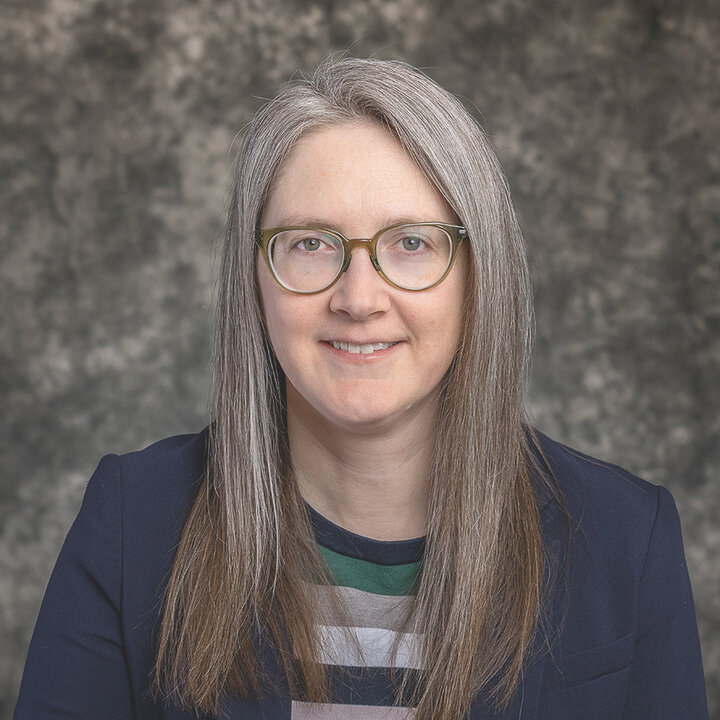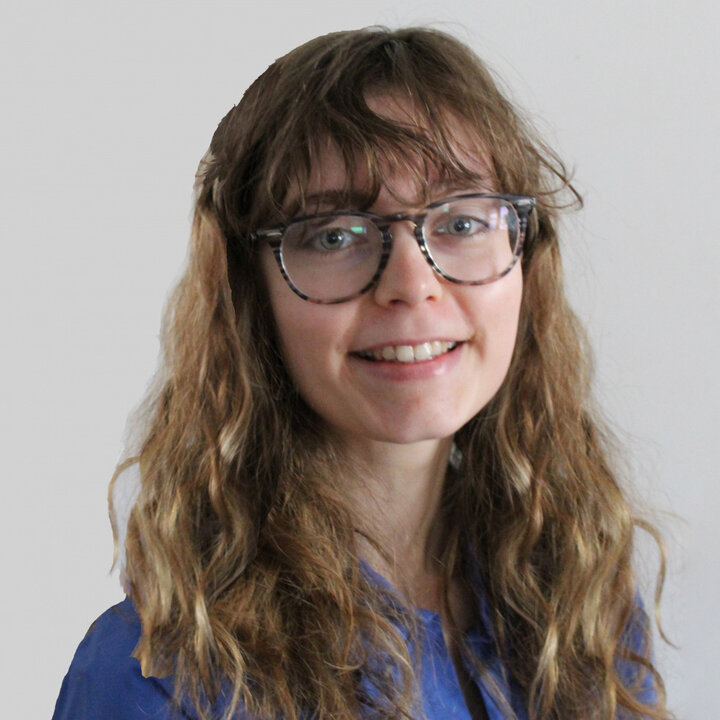Educational Studies
Doctor of Philosophy (Ph.D.)

Specialization Options
Innovative Learning Technologies
Teaching, Curriculum and Learning
We seek to prepare scholars whose work will influence educational change in local, regional, national, and global settings. Graduate faculty are keen to develop a diverse, doctoral learning community that engages in intensive, graduate study of contemporary issues from multiple perspectives. Prospective Ph.D. students must be intellectually prepared and committed to the ethical, relational, and scholarly examinations of education across a wide array of settings.
Our graduate faculty includes outstanding, internationally renowned scholars who craft rigorous opportunities for advanced study, mentor students, and engage in funded research. We offer innovative approaches to today’s education problems that utilize research tools of inquiry such as quantitative and qualitative research methodologies, meta-analyses, hermeneutics, ethnographic research methods, (classroom) discourse analysis, phenomenological study, narrative inquiry, policy analysis, historical analysis, geo-spatial analysis, philosophical analysis, teacher self-study research, and/or multimodal analyses. The graduate faculty inform their fields of inquiry and the discourses within those fields through books, articles, conference presentations, and creative works.
Our Ph.D. program is invested in preparing researchers and educational leaders to serve and work in a variety of professional positions, including universities, private industry, non-profit organizations, research agencies, policy agencies, and school systems. We view Ph.D. students as essential partners in developing new knowledge and preparing the next generation of educators and scholars.
We promote excellence in doctoral study by providing Ph.D. students with constructive experiences that enhance their academic and professional success by:
- Committing to being part of and fostering a diverse community of scholars known for its collaborative efforts, especially across disciplinary boundaries;
- Demonstrating a commitment to the study of problems of practice and contributing to policy development and analysis;
- Providing mentored opportunities for teaching in higher education;
- Working with faculty who offer opportunities to participate in international research initiatives, overseas conferences, and comparative travel-study;
- Assisting individuals to tailor programs of study to their scholarly and professional interests;
- Preparing students to conduct and share educational research;
- Encouraging and promoting academic writing for different audiences and stakeholders.
Program of Study
Program of Study
Overview
- Minimum of 90 credit hours total
- Must take a minimum of 18 credit hours in a specialization
- Required course for all doctoral programs: TEAC 995A Doctoral Seminar: Professional Seminar
- Students will work closely with the faculty advisor and supervisory committee to select graduate level courses.
Specialization Options
- Innovative Learning Technologies: This specialization prepares educators to use technology to support teaching and learning. This may occur in an array of settings, including classroom instruction, instructional design and development, and digital learning. Upon completion, participants will be cognizant of theory and research related to best practices, take part in creating effective use of technology in instruction, and assist others in using technology effectively for teaching and learning. To choose this specialization, you must take 18 credits from the approved specialization courses. For your remaining advanced graduate courses, please consult the TLTE graduate catalog.
- Teaching, Curriculum and Learning: This specialization focuses on advancing research about teacher preparation and teacher professional development in connection to curriculum theory, philosophy and ethics of education, mentoring and teacher induction, teacher identities, professional learning communities, teaching and learning, and education across all settings. Consult TLTE graduate catalog to choose your advanced graduate courses.
APPLY BY JANUARY 15
for Fall Semester
Application Requirements
Application deadline of January 15th, for a Fall semester starting term
Students seeking admission in the Ph.D. program should meet the following criteria:
- Resumé or Curriculum Vitae (required)
- Scholarly Statement (required): This autobiographical statement of 4-6 pages should briefly describe your professional career to date and highlight experiences, philosophies, goals, and service work. Please discuss past research productivity, leadership, and/or contributions to your profession. Address in particular the role of research in your areas of scholarly interest and explain your reasons for pursuing a doctorate in TLTE. Finally, describe what would be important to you in being mentored as a doctoral student. (TLTE graduate faculty member profiles are available.)
- Writing Sample (required): Provide a writing sample that demonstrates your scholarly writing ability. For example, you may submit a term paper, a thesis, or published research article.
- Three professional or academic Recommenders, who will submit reference letters for you.
- Undergraduate GPA: minimum of 3.0 on a 4.0 scale. Graduate GPA: minimum of 3.75 on a 4.0 scale;
- Professional experience: a minimum of two years as an educator in school or non-school settings;
- Fit between the applicant's goals/interests and the department's ability to address those goals/interests;
- Evidence of strong writing ability.
No one criterion is more important than another. The application file is reviewed holistically.
Degree Requirements
View the doctoral degree overview and milestones on the Graduate Studies website.

